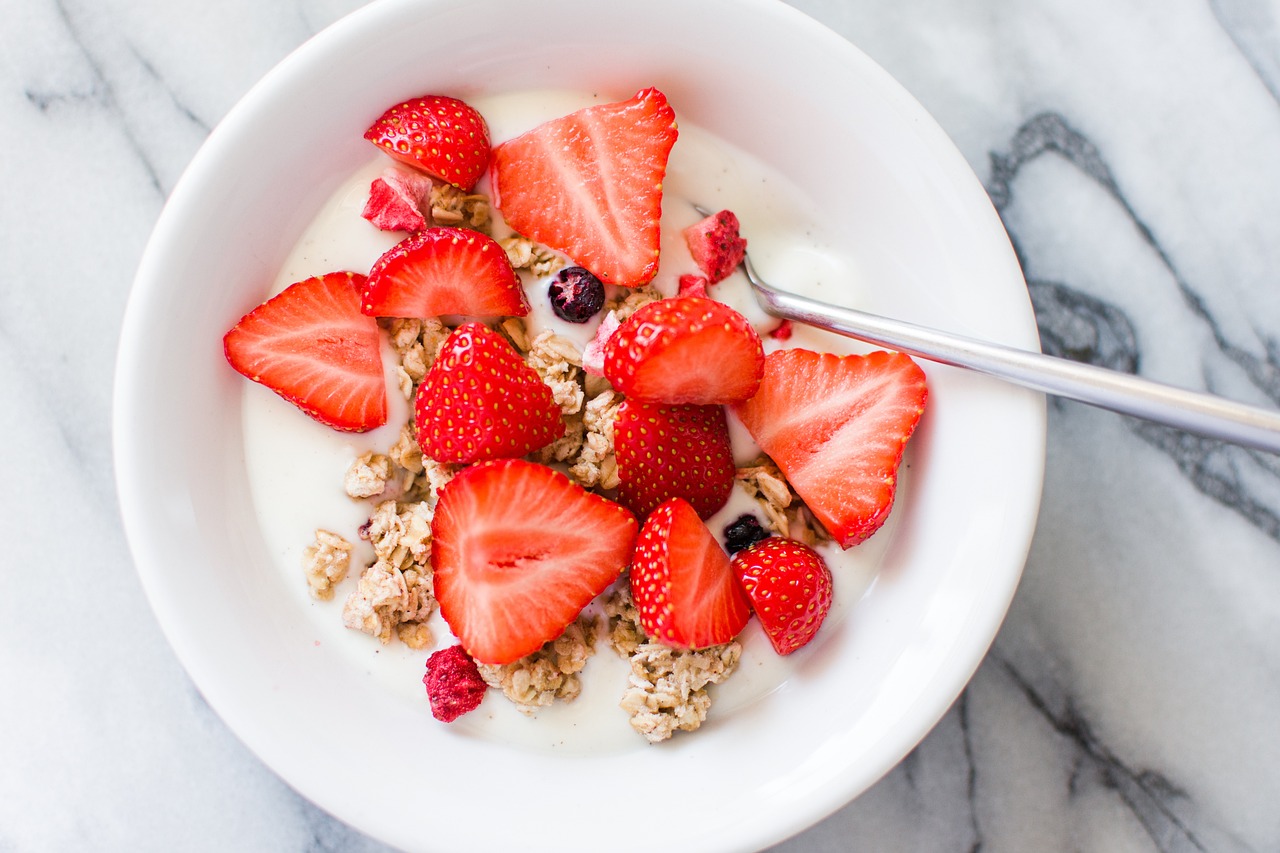Food Packaging Innovations: Biodegradable Materials and Beyond
Packaging industry has been undergoing a significant transformation in recent years, with a growing emphasis on sustainability. Manufacturers are moving towards using eco-friendly materials that have minimal impact on the environment. From biodegradable plastics to compostable paper, there is a diverse range of sustainable packaging options available in the market today.
In addition to eco-friendly materials, innovative designs are also playing a key role in advancing sustainable packaging solutions. Companies are now focusing on creating packaging that is not only environmentally friendly but also functional and aesthetically pleasing. This shift towards sustainable packaging materials reflects a larger societal trend towards more conscious consumption and responsible production practices.
Innovative Solutions for Extending Shelf Life
Extending the shelf life of perishable products is a constant concern for the food industry. With the advancements in packaging technology, solutions have been created to address this issue. One such solution is the use of modified atmosphere packaging (MAP), which involves altering the composition of gases inside the package to slow down the food’s natural deterioration process. This method has been particularly effective in prolonging the freshness of fruits, vegetables, and meat products.
Another innovative solution for extending shelf life is the use of active packaging materials. These materials are designed to interact with the food product to extend its shelf life. For example, oxygen scavengers can be incorporated into the packaging to absorb oxygen, thus reducing the oxidation rate of the product. Similarly, antimicrobial agents can be added to the packaging material to inhibit the growth of bacteria and other harmful microorganisms, further extending the product’s shelf life.
Modified atmosphere packaging (MAP) alters gas composition to slow down food deterioration
Effective for prolonging freshness of fruits, vegetables, and meat products
Active packaging materials interact with food product to extend shelf life
Oxygen scavengers absorb oxygen to reduce oxidation rate
Antimicrobial agents inhibit growth of bacteria and microorganisms
Reducing Food Waste through Smart Packaging
One of the key challenges in the food industry is reducing food waste, and smart packaging has emerged as a promising solution. By incorporating intelligent features into packaging materials, such as oxygen scavengers and ethylene absorbers, companies can significantly extend the shelf life of perishable products. This not only reduces the amount of food that goes to waste but also allows consumers to enjoy fresher and safer products for a longer period.
Moreover, smart packaging technologies are enabling companies to monitor and track the condition of food products throughout the supply chain. By using sensors and indicators that can detect temperature fluctuations or potential contamination, manufacturers and retailers can take proactive measures to prevent spoilage and ensure that only high-quality products reach consumers. These innovations not only contribute to reducing food waste but also enhance food safety and quality standards across the industry.
What are some advancements in sustainable packaging materials that can help reduce food waste?
Some advancements in sustainable packaging materials include biodegradable plastics, compostable packaging, and recyclable materials that can help reduce food waste by extending the shelf life of products.
How do innovative solutions for extending shelf life contribute to reducing food waste?
Innovative solutions for extending shelf life, such as modified atmosphere packaging and antimicrobial packaging, can help prevent food spoilage and extend the freshness of products, ultimately reducing food waste.
How does smart packaging help in reducing food waste?
Smart packaging uses technology such as sensors and indicators to monitor the condition of food products and alert consumers when they are close to expiration. This can help prevent food from being thrown away prematurely.
Can smart packaging solutions be cost-effective for businesses?
While initial investment in smart packaging solutions may be higher, the long-term benefits of reducing food waste and improving product quality can result in cost savings for businesses in the food industry.







